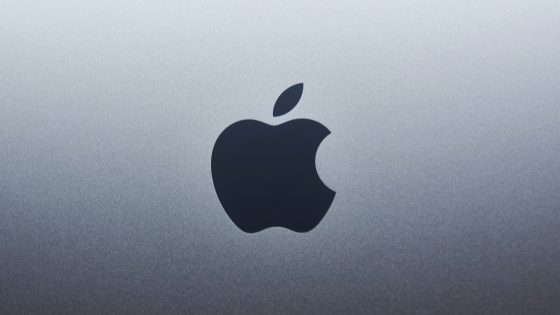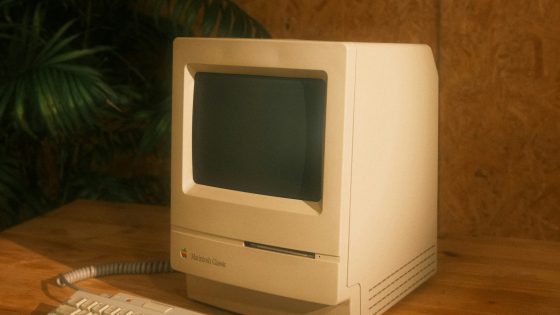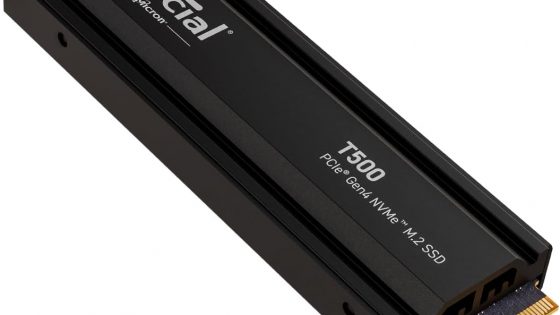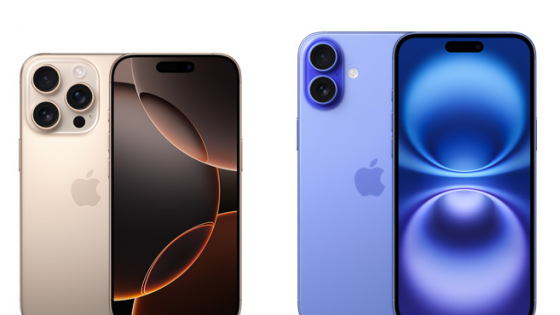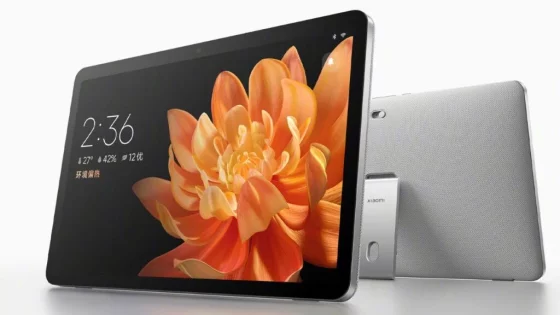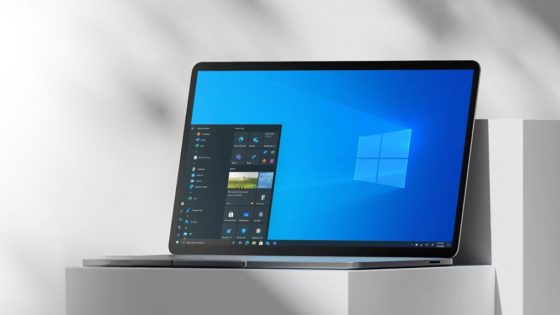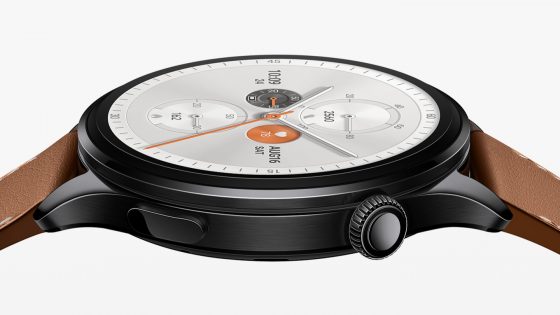Apple has given up on developing its own 5G modem
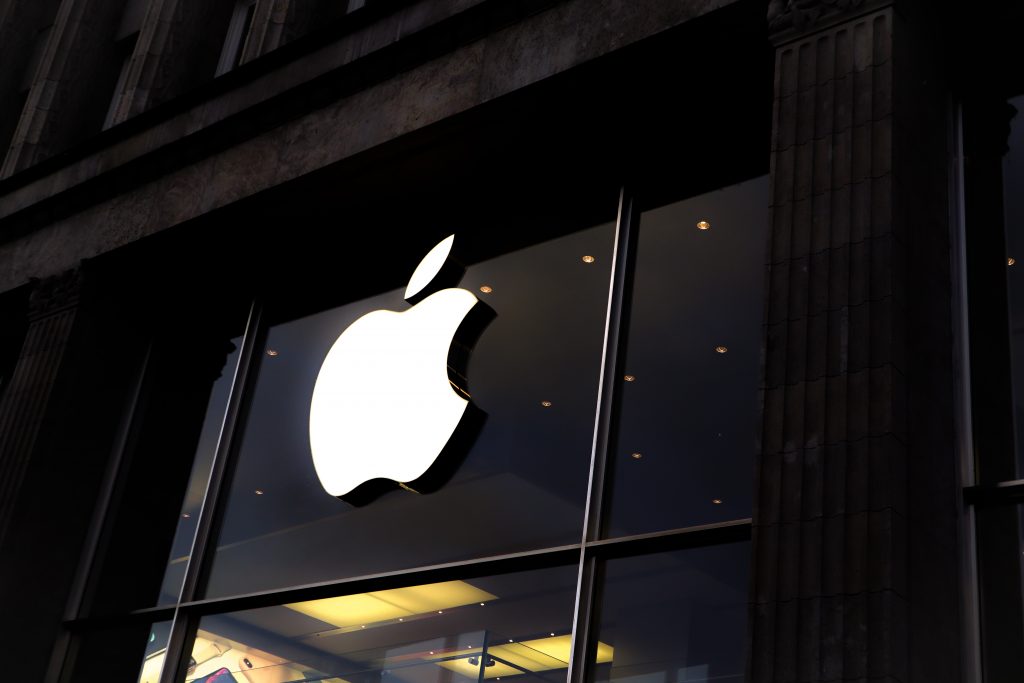
As it turns out, next year's iPhone 16 certainly won't include any proprietary 5G components built specifically for Apple's devices.
5G modem chips are key components that allow devices to make calls and connect to the Internet. Apple has been trying to develop its own 5G modem chips for some time in order to reduce dependence on (expensive) third-party manufacturers like Qualcomm and optimize the connectivity of future iPhones. However, a new report from the Wall Street Journal (WSJ) reveals the company's failure to do so in the time it initially set out to do.
Apple's previous deal with Qualcomm ended this year, and the semiconductor company predicted that Apple would use its own modems for iPhones from 2024 onwards. However, the WSJ is now reporting that Apple likely won't produce usable 5G chips for the iPhone until the end of 2025, suggesting that we might have to wait until the iPhone 18 for a phone with Apple's modem. But let's take everything with a grain of salt.
There have even been rumors online that Apple has completely abandoned the development of its own 5G modem chip – despite the company buying Intel’s entire modem division for $1 billion in 2020. However, the Cupertino giant reported that “using the power of thousands of engineers – a strategy that has been successful in designing the computing cores of its smartphones and laptops – was not enough to quickly produce better modem chips. Modem chips require more complex processes than processor chips because they have to work with 5G, 4G, 3G and 2G wireless networks.
As everything shows, the cancellation of the development of the 5G hair modem chip will not have long-term consequences for Apple, as it is expected to conclude an agreement with the company ARM that it will pay less than the calculated 28 euro cents for an individual 5G license. This is half the price paid by Qualcomm and MediaTek for the same license.







